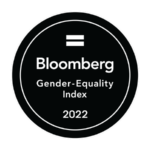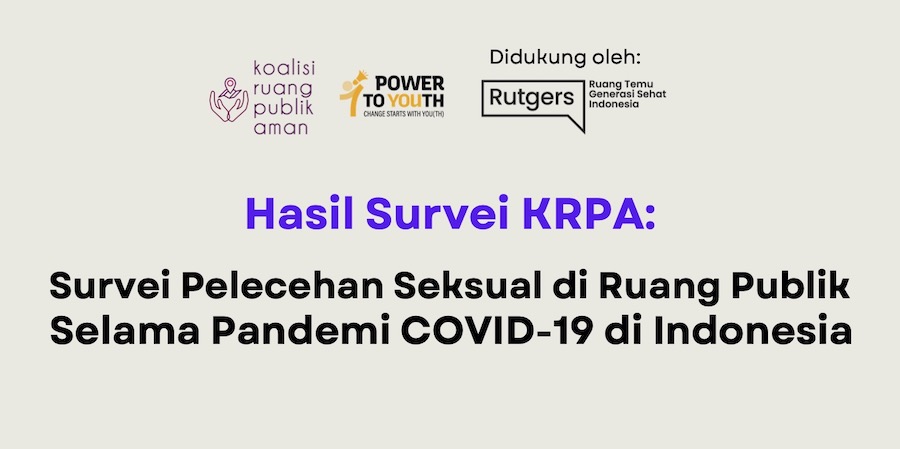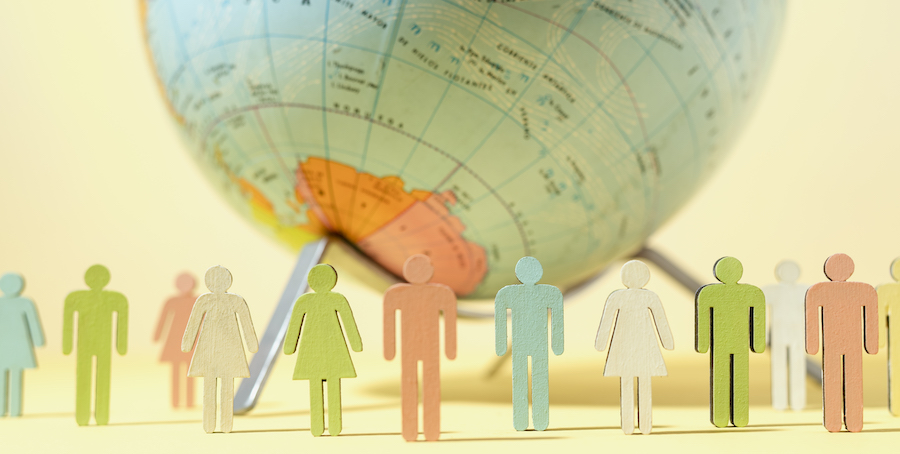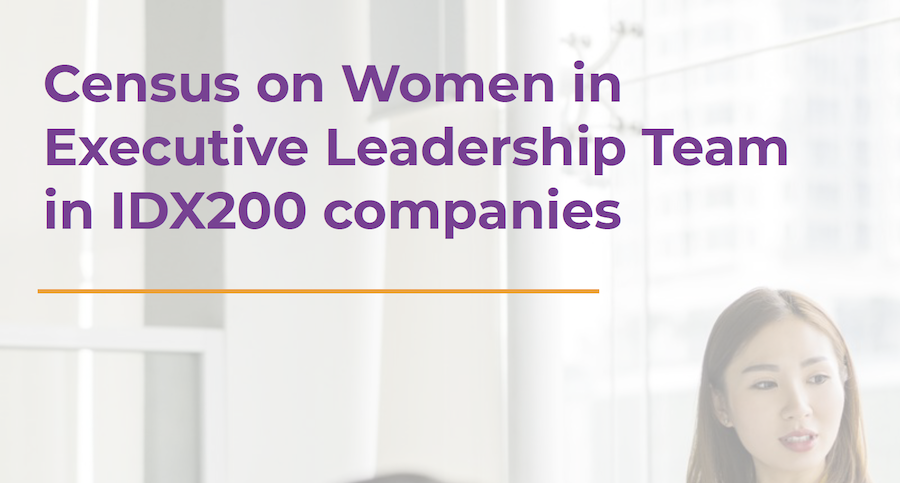
Companies’ Efforts to Create Gender Equality in the Workplace based on the 2022 Bloomberg Gender Equality Index Report.
December 13, 2023
Toxic Masculinity Survey
December 13, 2023Sexual harassment in public spaces is not a new thing for many people in Indonesia. During the COVID-19 pandemic, although there are many restrictions on interaction and activities in public spaces, sexual harassment in public spaces is still common.
Recognizing the importance of this issue, the Coalition for Safe Public Spaces (KRPA) – Hollaback! Jakarta, perEMPUan, Yayasan Lentera Sintas Indonesia, Perkumpulan Lintas Feminis Jakarta (Jakarta Feminist), and Dear Catcallers Indonesia – held a Survey on Sexual Harassment in Public Spaces during the COVID-19 Pandemic in Indonesia which was conducted nationally at the end of 2021 for 16 Days of Anti-Violence Against Women (HAKTP). This survey was supported by Rutgers WPF Indonesia.
This survey aims to find out how sexual harassment in public spaces occurred in Indonesia during the COVID-19 pandemic, as well as its impact on people who experience it. The results of this survey also update and complement the KRPA survey data released in 2019.
From the analysis of survey data which was participated by more than 4,000 people spread across 34 provinces in Indonesia, KRPA found that the sexual harassment experienced by the public during the pandemic was getting higher and more dangerous. According to the survey results, 4 out of 5 female respondents experienced sexual harassment during the pandemic. In addition, during the pandemic 3 out of 10 men experienced sexual harassment, while as many as 83% of other gender respondents (non-binary, trans women, trans men, and other gender identities) experienced it during the pandemic.
Additionally, the KRPA survey also found that sexual harassment still occurs in physical public spaces (offline) and even extends to digital spaces (online). Respondents who experienced sexual harassment revealed that they most often experienced sexual harassment in the 5 locations, which are public spaces such as public roads or parks (70% of respondents), residential areas (26% of respondents), public transportation, including facilities and infrastructure (23% of respondents), shops, malls, and shopping centres (14% of respondents) and workplaces (12% of respondents). Then, in the digital realm,sexual harassment occurred mostly in five online spaces, which are social media (42% of respondents), chat applications (33% of respondents), online dating applications (9% of respondents), virtual game rooms (4% of respondents), and virtual discussion rooms (2% of respondents).
Representing KRPA, Anindya Vivi stated, “During the COVID-19 pandemic, the locations of sexual harassment were increasingly widespread, even in areas related to health and COVID-19. Health facilities, locations for COVID-19 test checks, and quarantine places for COVID-19 patients were also reported to be places of sexual harassment by 134 respondents. In fact, 44 respondents reported that the perpetrators of harassment were health workers.”
During the launch of the survey results, KRPA also released data related to the identity of the perpetrators of harassment. According to the survey results, the identities of perpetrators of sexual harassment include strangers, friends, co-workers, transportation service providers, neighbours, and family members. “This data again breaks the myth that many people believe that sexual harassment is only perpetrated by unknown people, when in fact many are also perpetrated by people who the victim knows, even family members,” said Siti Aminah Tardi, Commissioner of Komnas Perempuan responding to the survey results.
One of the key findings of this survey also shows that most people who are sexually harassed do not enjoy the experience and reject society’s perception that harassment is a compliment. “Many people who have experienced harassment admit that they feel uncomfortable, upset, and angry. Some respondents also admitted that they felt depressed and thought of committing suicide,” added Anindya Vivi from KRPA.
In addition, the results of this survey also show that women and other gender minorities are six times more likely to experience sexual harassment in public spaces than men during the COVID-19 pandemic.
“Sexual harassment during a pandemic is a big issue that we must take seriously. Sexual harassment makes it difficult for people to live in the midst of a crisis caused by the COVID-19 pandemic. Safety threats are layered during this pandemic: two out of every three survey respondents who experienced harassment said it exacerbated their situation and feelings during the pandemic. KRPA would like to invite everyone to #GerakBersama against harassment by using this data as an advocacy tool in establishing a safe public space in their respective environments,” said Rastra Yasland of KRPA.
The full survey results can be read at the link below.
Source:
Koalisi Ruang Publik Aman Press Release. Jakarta, 31 January 2022.
22 February 2022
Tiara Tri Hapsari





